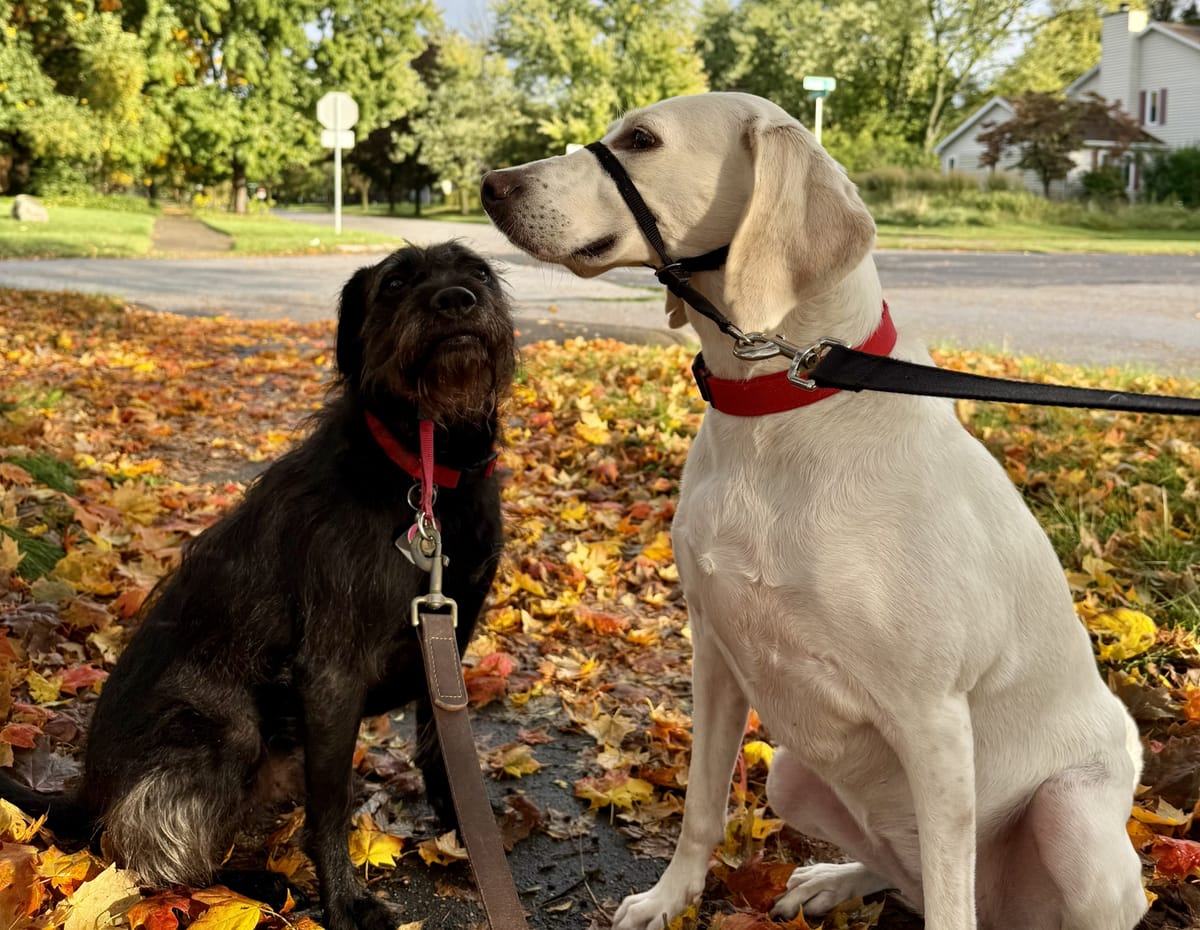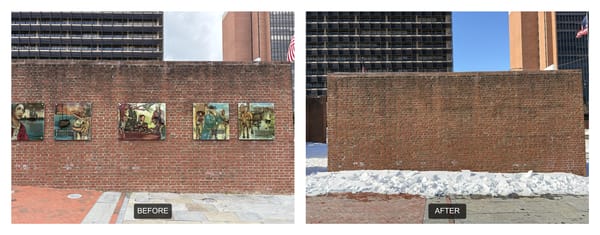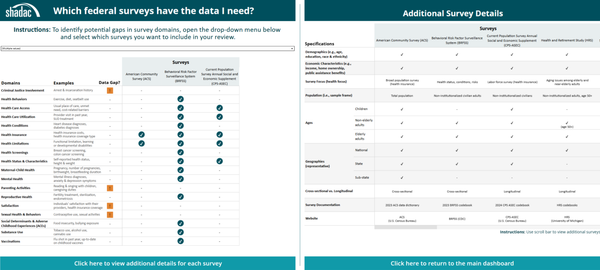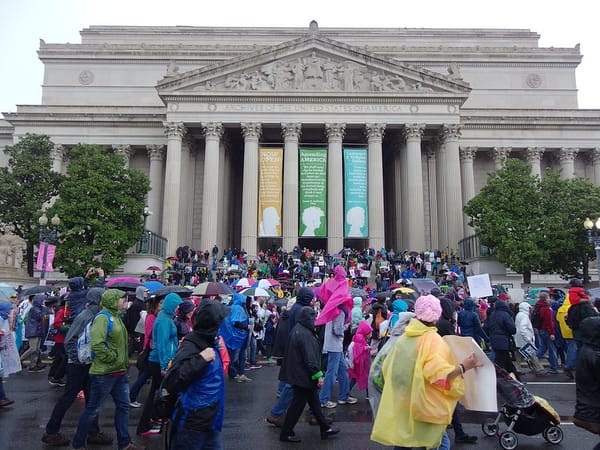Guest Post: Together Through Chaos: Reflections on Community-Driven Data Rescue

DRP co-founder and Steering Committee Member Mikala Narlock recently spoke at the Midwest Data Librarian Symposium. Below, she shares an overview of the presentation (slides available for review) and her own reflections.
One thing the Midwest does exceptionally well is Fall: the leaves change slowly, and then all at once; the winds blow cold while the sun remains hot; the sky is clear and bright; and the annual Midwest Data Librarian Symposium (MDLS) occurs.
MDLS is a semi-structured unconference, designed to connect practitioners, share best practices, celebrate successes, and speak candidly about lessons learned. While I have attended a few of these virtually (during the height of the COVID-19 Pandemic), this year I was finally able to attend in person– and was elated to represent the Data Rescue Project as a Keynote speaker.
This presentation was an opportunity to reflect on the work of the DRP to date: moving beyond a recounting of our work to explore what we’ve done well, what remains, and how we can all get there together.
In Celebration of Anchors
My personal research interests often center on the Slow Movement, which originated in Italy in the 1980s through the efforts of Carlo Petrini. While there is much that could be said about the Slow Movement, the key question Slow asks of us is to consider what aspects of our lives might benefit from deeper reflection, from strengthened connections to our local communities and ourselves, and whether our current pace serves us. Slow also reminds us to embrace seasonality, to recognize that growth must be balanced with rest. And while there are valid critiques of the Slow movement (including that it is expensive, elitist, and privileged), I argue that there are still benefits to adopting this approach. At the very least, Slow provides a shared language, a rallying cry, a reminder that Fast is the default– but it does not have to be.
When I think of the Data Rescue Project, I think of the anchors that keep our work grounded, focused, and yes, even Slow. This includes the values we operate by: privacy of our volunteers, transparency in our operations, and that public access to public data is a public good. This also includes our community of volunteers and the support network of partner organizations similarly committed to long-term access to public data. These anchors have ensured we develop sustainably and responsibly.
A Slow Framework
In order to explore the apparent tension here – a rapid-response collecting organization grounded in Slow values– I used a framework on Slow Digitization. Though not a perfect parallel, this framework offers concrete guidelines for implementing Slow values in practice. It advances four central tenets:
- Prioritize Quality and Care over Quantity
- Center Both User and Worker Experience
- Build Sustainable and Responsible Practices
- Enhance Accessibility Through Documentation
As I reflected on these, I realized the myriad ways our work builds on this scaffold. We developed a standardized workflow for data capture that prioritizes capturing datasets that are (re)usable (1). We have developed a high-touch process for our volunteers that prioritizes their interest, capacity, and expertise while also protecting privacy by allowing for pseudonyms (2). We’ve leveraged existing resources such as DataLumos and adopted open source tools when possible (3). We’ve emphasized documentation and provenance in our data rescues and increased discoverability through the Data Rescue Portal (4).
These have brought with them their own challenges. The manual data rescue process is time-consuming– and while we balance this with automated and batch captures when possible, there are still datasets we likely missed, or that need more metadata or arranging to be useful and discoverable. We have also grappled with how to best support our volunteers without over-exerting ourselves. This is exhausting work, and engagement has come in cycles: for myriad reasons we notice volunteer connection has ebbed and flowed over time. We are working to embrace this cycle – even and especially when it feels uncomfortable.
Refusal
For me, Slow is about refusal. It’s our way of saying “I’d prefer not to” to the default of Busy. It’s difficult, if not impossible, to do alone. In the same way, data rescue is something that has to be done in concert, drawing from the expertise of different users with technical skills, domain expertise, and hundreds of terabytes of storage capacity.
The Data Rescue Project, by necessity, spun out of a moment, with an unbridled sense of urgency. As we continue to grapple with chaos, uncertainty, frustration, even occasionally heartbreak and desperation, it is imperative that we remember the only way through this is together.
Thank you to the MDLS Program Committee for the warm invitation to speak– and as always, thank you to every member of the Data Rescue Project, for being in this community with us.




